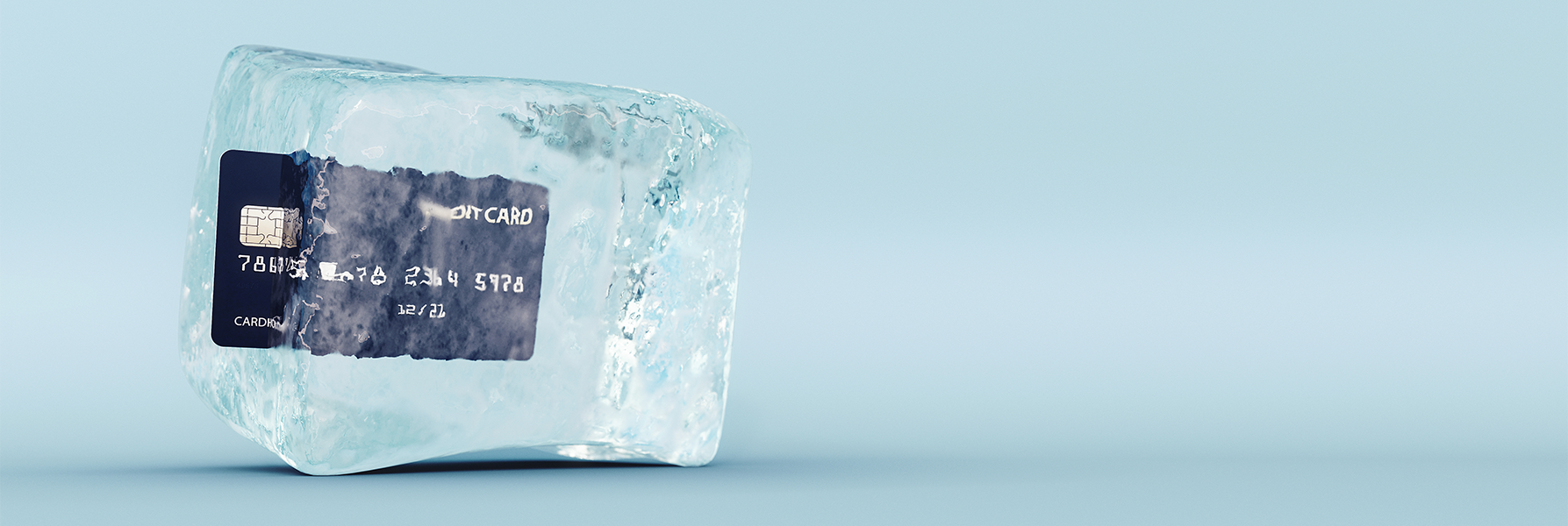Kerby Anderson
Economists have debated this question for centuries: What is money? Most of us assume that money is a store of value. You put money in the bank, and you can draw that money out when you need it. Money also is a medium of exchange. You give dollars to someone for the goods and services you need.
But what if your government, or another government, declares that your money is no longer worth anything and can no longer be used? As we have seen over the last few weeks, this is not a theoretical question. The US and its allies have been able to freeze Russian financial accounts and shut off the Russian central bank’s access to hundreds of billions of dollars of foreign reserves.
Our collective reaction to this has been positive because we want to punish Russia for invading Ukraine. At the same time, I also try to remind my audience that the people most hurt by these actions are the Russian people, many who disagree with Vladimir Putin’s invasion.
Last year, the International Monetary Fund suspended the Taliban’s access to various funds and financial instruments. Again, we can agree with that because of the horrible actions of the Taliban in Afghanistan. And we even have used financial sanctions against Iran because we are concerned with their actions and attempts to develop a nuclear bomb.
But we need only look to Canada to see how bank accounts and other financial accounts were frozen by Justin Trudeau. It is possible that you may not have agreed with the truckers, but I hope you can see how this trend of freezing accounts could affect you one day. We may applaud some of the actions that governments are taking against our enemies, but someday you might be on the wrong side of a government and have your bank account frozen.
 Listen Online
Listen Online Watch Online
Watch Online Find a Station in Your Area
Find a Station in Your Area











 Listen Now
Listen Now Watch Online
Watch Online
